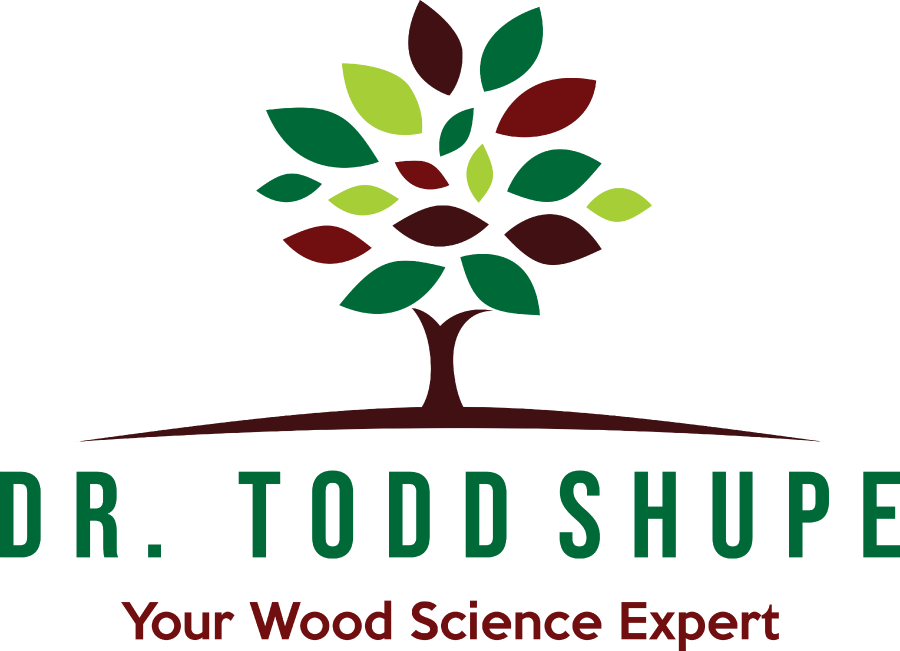Muda, Muri & Mura:
The Pillars of Lean Manufacturing

Lean manufacturing revolves around three key aspects that are categorized under three Japanese terms: Muda, Muri, and Mura.
Muda is the systematic method for waste minimization within a production system without sacrificing productivity. The word itself means “futility, uselessness, or wastefulness.” Focusing on waste reduction has helped Toyota and other companies that utilize lean manufacturing increase profitability over time.
Muri is a Japanese word meaning “unreasonableness, impossible, or beyond one’s power.” Within lean manufacturing, this term refers to waste created through overburden during the production process. Many times Muri can be avoided through “standardized work.” This standardized work condition can be achieved by reducing every process and function within the production system to its simplest elements. These simple work elements are then combined into standardized work sequences that can include work flow, repeatable or machine processes, and Takt time (the average time between the start of production of one unit and the start of production of the next unit). Once the standardized work sequences are set, the results obtained can include heightened employee morale, higher product quality, improved productivity, and reduced costs.
Mura is waste created through the unevenness of workloads. In Japan, Mura means “unevenness, irregularity, or inequality.” Mura can be avoided in most production systems through a Just-in-Time system that uses first-in, first-out (FIFO) component flow. In this type of system, each sub-process pulls what it needs from the preceding sub-process, and ultimately from an outside source. When there is no request made to the preceding process, the production system stops. This method is intended to maximize productivity and minimize storage overhead.
Although lean manufacturing started with automobile manufacturing, the concepts are widely applicable to a broad array of industries. Wood manufacturing facilities can benefit from these techniques and improve production efficiency and lower costs.
Meet the Author
Dr. Todd Shupe is the President of Wood Science Consulting, LLC. He is a well-recognized expert on wood forensics, wood preservation, wood decay and degradation, and wood species identification. He has a broad background in new product development, quality management, and marketing and sales in both the public and private sectors. For more information please visit DrToddShupe.com.
We welcome your comments below.
Thank you for visiting. We trust that you have enjoyed reading our articles.
Liked this post? Read more below or search for more topics . . .

